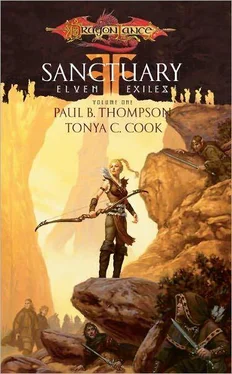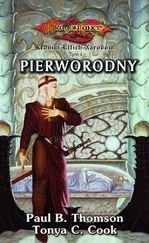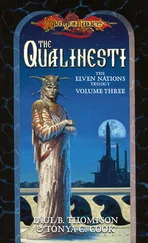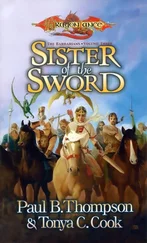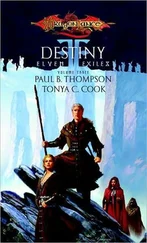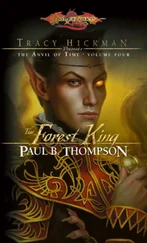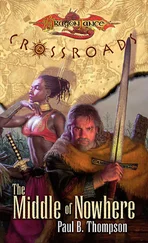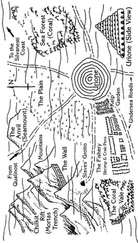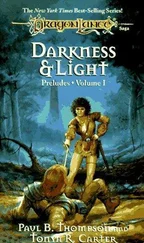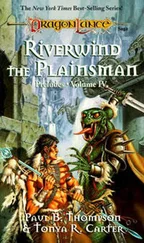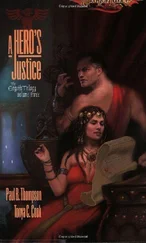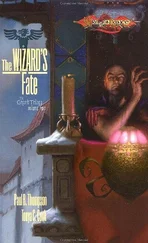Weary of the demands of court, the Khan withdrew to a small side chamber. The milling crowd of supplicants, lackeys, and sycophants bowed as he left.
The room he entered was lit by a single oil lamp; otherwise, it was dark as a crypt. Sahim shrugged off his heavy court robes, letting them fall to the floor, and scratched his sides. His ribs had been itching for an hour, but he could hardly sit on the throne of Khur and scratch like a mongrel dog. With more care he removed the crown of Khur and set it on a table, then applied his fingernails to his itching head.
As he poured himself a libation from an urn, something stirred in the room’s darkest corner. Sahim didn’t bother to look up. That distinctive, vaguely unpleasant odor could belong to only one person.
“Come forward. Don’t skulk in the corner like a rat,” he said, and drained his goblet.
A hunched figure limped toward the light. The figure was wrapped in a bulky brown robe whose deep hood hid its features completely. Long white fingers, the knuckles prominent showed briefly before they vanished into the copious sleeves. Sahim eyed the ragged robes and shook his head.
“Don’t you feel stifled in that garb, Faeterus?”
“On the contrary, Mighty One. I find it chilly here.” The voice was dry, hoarse, and whispery with extreme age. “I first came to Khur for its climate, you know.”
“And when was that, snow-for-blood?”
“Long before your time, Great Khan. Long before.”
Sahim snorted. Even he, born and bred to the climate, thought it oppressive. This shuffling mage had been his hireling for a year, and Sahim still found it absurd that anyone could bear to go about so heavily dressed.
He poured another draft of wine. “You heard the audience?” The ancient nodded, a rustling movement of the layered hood. “So, what say you to Lord Hengriff’s notion? Pretty justice, don’t you think?”
Faeterus shifted from side to side, as though his crippled legs pained him. “Justice and money cannot exist together, Great Khan. Better to let the Sons of the Crimson Vulture wash their hands in elven blood. When all the laddad are dead, you can claim their treasure without further ado.”
The golden goblet halted an inch from Sahim’s lips. His black brows lifted. “What? You propose I exterminate your own people, the most ancient race in the world?”
A rasping sound, either laugh or cough, issued from the depths of the hood. “They are not my people. I am a race of one.”
“Well, whatever you are, for now you’re mine, bought and paid for. And I have a task for you: find out who attacked the elf queen, and why. Whether it’s Minok and his Torghanists or Hengriff and Nerakan steel, I want to know.” He set down his empty cup. “Is that clear?”
“Perfectly, Mighty One.”
The wine had warmed Sahim’s blood. Even in his sleeveless shift, he found the chamber too hot, too close. The smell emanating from his hired sorcerer was stronger now, musty and sour like the odor of the city’s vast underground cistern where he lived. Sahim fought down a quick wave of nausea. A living body shouldn’t smell like that. Faeterus stank not of flesh, but of old bones slowly disintegrating.
There was a knock on the chamber door. The muffled voice of a court lackey called for permission to enter. Even as Sahim replied, Faeterus faded into the shadows again.
The lackey delivered his news and departed quickly, knowing the word he brought would not be welcome. Minok had managed to evade the guards.
Sahim stepped into the elaborate puddle of his court robes. As he began to dress, he realized Faeterus had gone.
The room had another door, opposite the one Sahim and the lackey had used, but it was always kept locked. Of course, such impediments meant nothing to Faeterus. Locked doors, thick walls, deep chasms—nothing hindered him. He went where he willed.
Perhaps he should give Faeterus the task of silencing Minok, Sahim reflected as he settled the crown upon his head again. They both seemed to possess a talent for disappearing into thin air.
* * * * *
A blare of brass comets heralded the arrival of the army of the elven nations. Although small advance parties had been in camp for a day, Lord Taranath and the main body now had been sighted. They were mustering at Khurinost’s western edge, where the Speaker waited to welcome them home. A mere shadow of the hosts that once defended Qualinost and guarded the glades of the Speaker of the Stars, the entire army comprised thirty thousand warriors, all mounted. They did not always fight on horseback, but the survival of this slender force depended on mobility; there was no place for slower infantry. The soldiers came from every branch of elven society, from lifelong warriors of Silvanesti’s House Protector to cunning Wilder elves from the forests of Qualinesti.
Dust-caked from their long, heartbreaking journey the column of mounted elves slowed to a halt when the lead riders spotted the delegation arrayed to greet them. The Speaker, flanked by the Lioness on his right and Lord Morillon Ambrodel on his left, stood at the head of a mixed band of Qualinesti and Silvanesti. Behind them were the eight buglers who contributed the fanfare. Everyone squinted against the terrific glare, despite the sunshade Planchet had erected over the group.
The army had adopted desert wear over armor; the rays of the sun could cook flesh inside metal in a few hours. Foremost of the warriors was an unusually tail elf wearing a Khurish sun hat. Reining up, he pulled off his gauntlets and hailed the Speaker.
“Greetings to you, Lord Taranath.” Gilthas extended a hand.
After clasping hands with his liege, the warrior looked beyond the Speaker to the Lioness. “General, I present the Army of the Elven Nations! You are once more in command,” he said.
“Well done, Taran,” she said warmly. “How was the journey up the coast?”
“Damned hot. And not only from the sun.”
“Casualties?”
“Twenty-nine killed. Forty-four wounded.”
“So many?” Gilthas asked. “To what cause?”
“The usual ones, sire: heat, thirst, dysentery, poisonous bites, and madness, all of which the desert provides in abundance. And one other travail.” Taranath looked grave. “From the Cape of Kenderseen we were dogged for two days by nomads, who sniped at us from the dunes. They were armed with crossbows.”
Desert tribesmen usually carried short recurved bows, lacking the materials and skill to make crossbows. Taranath’s news caused the Speaker’s entourage to shift and mutter among themselves.
“Where would nomads get crossbows?” asked Lord Morillon.
“You know where,” the Lioness hissed. “Neraka!”
“There’s no proof—”
“Give me three days and I’ll bring you the proof—nomads and their bows!” she snapped, interrupting the noble.
None doubted that any nomads the Lioness brought would be dead upon arrival. Although several councilors, including Morillon, were made uncomfortable by her martial fervor, others obviously were not.
Still, the blazing sands were no place to debate policy. Gilthas ended the discussion by saying, “General Taranath, your Speaker and your people welcome you home. Lady Kerianseray will see you later with new orders. Maintain your normal patrols. The rest of your warriors may stand down. Food and drink await all.”
Taranath saluted and signaled the column forward. With flankers and scouts on either side, the column extended a mile. It took some time for all the tired, discouraged warriors to file past him, but Gilthas remained where he was, welcoming every rider home. His gesture touched the warriors deeply. Though sweat began to stain his sky-blue robe, and the heavy circlet on his brow bore down hard on his matted hair, Gilthas never faltered, even when some around him swayed on their feet, dizzy from the heat. Each approaching warrior sat a little straighter and held his head a little higher when he saw the Speaker of the Sun and Stars, standing with great dignity to greet them.
Читать дальше
